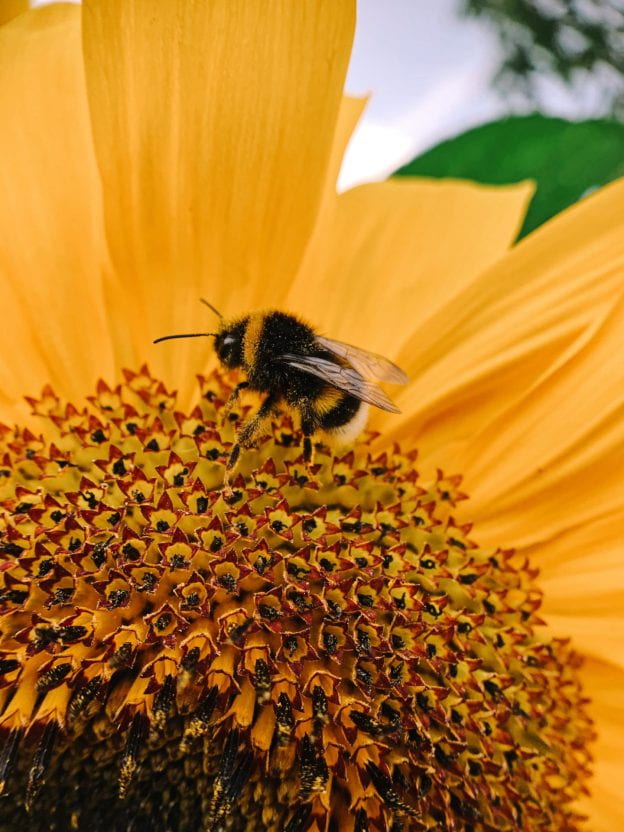Today, I went to a nice event at the University of Bristol Botanic Garden, a Bee and Pollination Festival – lots of honey, hives, demonstrations etc. Inevitably, it got me thinking about the bee in legal history. Now, scholars of Roman law[i] and Irish law in particular have taken an interest in property in bees, but, fascinating though that is, I am not going to go in that direction. No. I am going to my old mental stamping ground, the South Wales of the turn of the 19th-20th centuries, and to another case featuring one of the characters in whom I have taken an interest in recent years – Judge Owen.
The Weekly Mail 14th October 1899 under the thrilling headline ‘Are Bees A Nuisance?’ notes that the good judge, at Cardiff County Court, had to decide a ‘fine point’ on this, but was not going to decide it straight away. The case of the buzzing peril had arisen between Juan Cascago, ship broker, of Valladolid, but resident, less glamorously perhaps, in Radyr (plaintiff) and Benjamin Davies clerk, Coedwyn, Radyr. Cascago wanted £20 in damages, plus an injunction to restrain Davies from keeping bees (or bees which caused a nuisance, anyway).
Judge Owen, as was his little way, made a joke of the case, reportedly causing laughter by his remark, ‘Ho, ho, ho! Here is some one wanting an injunction to restrain some one from keeping bees!’. Another report has him exclaiming that it was the funniest case which had been brought before him. Which seems a little strong. But, anyway, Owen thought it was ‘absurd’ to think an order could be made against keeping bees so as to be a nuisance, because it would be impossible to enforce, and there was discussion of an even weaker joke about the muzzling of bees, and of whether they could sting more than once.
It was pointed out that there had been a similar case recently, at Bath,[ii] but Owen persisted in thinking that the whole thing was a bit mad, and adjourned the case for a month so that the parties could come to an agreement.
Tantalisingly, no end is reported, so I am not able, at this point, to say whether Mr Davies was restrained, and his bees muzzled, or not. We are, of course, missing important aspects of context – what was the location of the hives, the size of the properties, the number of bees? It is not too difficult to imagine a situation of bee-keeping which might amount to a tort. Judge Owen, however, does not seem to have seen this – or at least he did not see the possibility of making an order which would stop the defendant from keeping bees which were causing a nuisance (as opposed to injunctions against individual bees). So – interesting on bees, but also telling on attitudes to what neighbours could do, and what they must tolerate. Injunctions were granted in similar situations in the 20th C (see, e.g., Halifax Evening Courier, 15th February 1939, p. 8) And, of course on the wit and wisdom of South Wales’s newspapers’ favourite Victorian/Edwardian judge.
The story also made it into the Welsh language press, (see Y Cymro, which, I note, does not translate ‘nuisance’, clearly a nasty English concept unworthy of being rendered in the old language … ).
GS
27/8/2023
Image: a bee, though this bee wants it made clear that it is not implicated in any bee-nuisance activities. Photo by Tania P on Unsplash
[i] See Paul du Plessis, Borkowski’s Textbook on Roman Law 6th edn, 7.2.3.1 and Kearry v Pattinson [1939] 1 KB 471).
[ii] This is confirmed by other reports of an injunction against bee-keeping in a ‘congested district’, which had caused the plaintiff not to be able to use or tend her garden.
